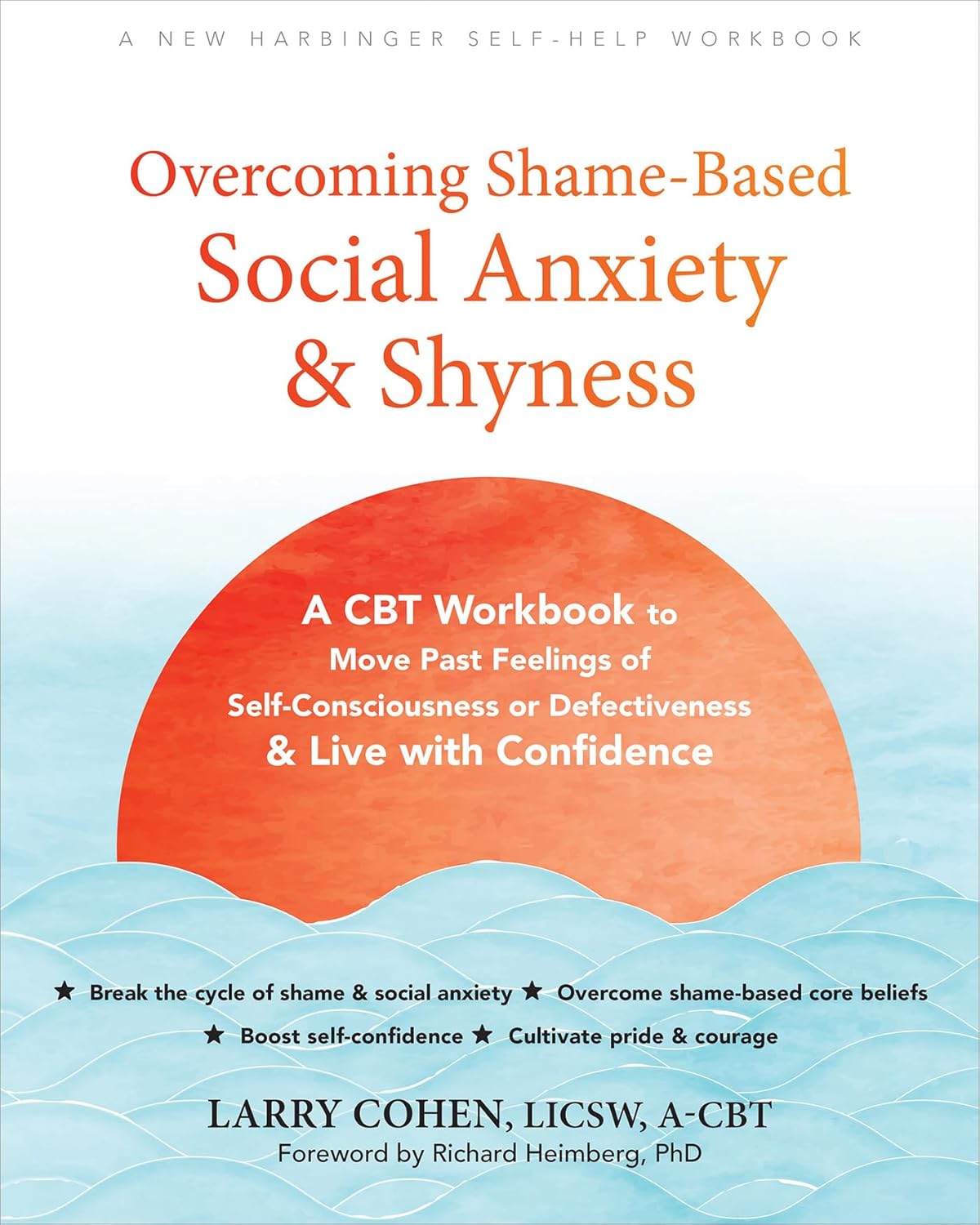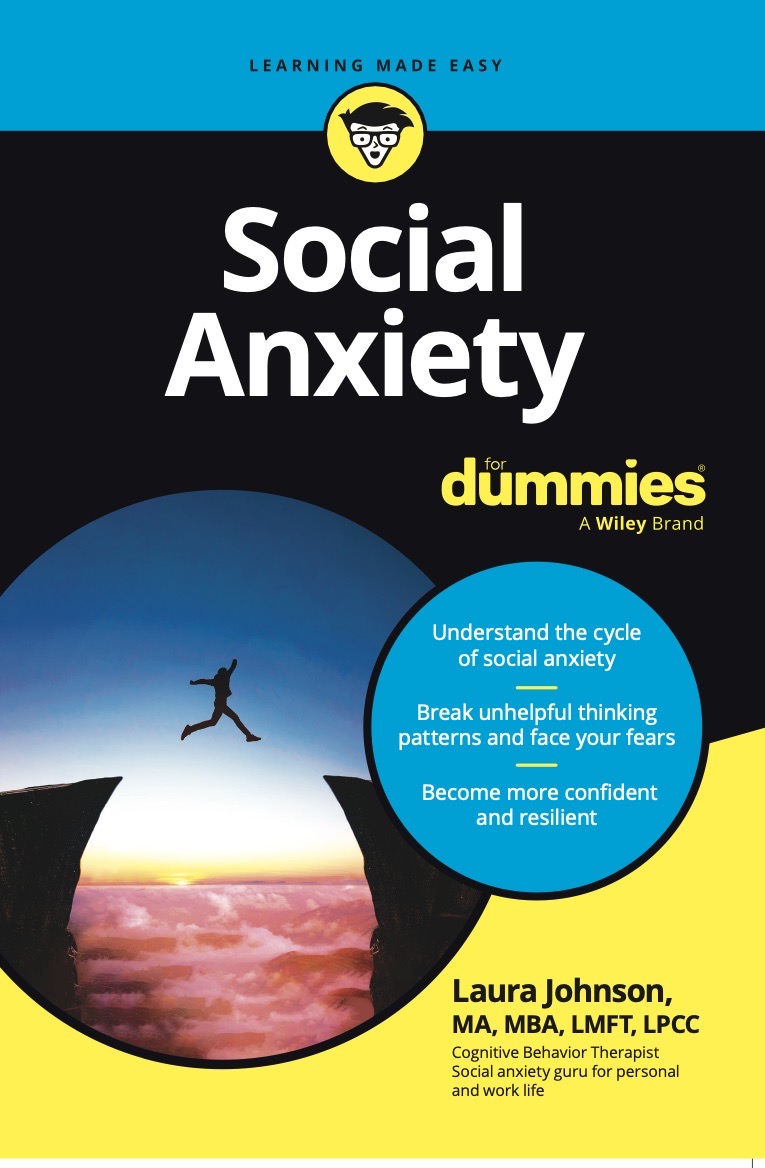Social Anxiety and The Desire To Avoid
For those of you who suffer from social anxiety, you have most likely experienced the urge to avoid being around others. Whether its attending a party, going to lunch with colleagues, or giving a presentation, if you are socially anxious, almost any social situation can create the urge to run. But does avoidance really work?
What Is Avoidance and Why Do We Do It?
Avoidance is the process of “either not doing something that frightens you or doing it in a way that you stay away from the most frightening aspects of the anxiety-provoking situation, (Hope, Heimberg, Juster, & Turk, 2000).” According to the Diagnostic and Statistical Manual- Fifth Edition (DSM-V), avoidance is a component of the diagnosis of Social Anxiety Disorder. In fact, research has found that avoidance is more predictive of a Social Anxiety Disorder diagnosis than the experience of anxiety in social situations itself (Kashdan et al, 2013).
In many ways, avoidance makes sense. If you are socially anxious, you have felt the painful sensations that arise in social situations; you have experienced the overwhelming thoughts about being judged, made fun of, or scrutinized. Who wouldn’t want to avoid these things!? Avoidance is quick, easy and effective. So why not avoid the situations that cause you so much pain?
The answer to this question is that while avoidance works… it is only a short term fix. Sure, avoidance gets rid of your anxiety in the short-term, but what about the long-term? Let’s look at the bigger picture: What has avoiding social or professional commitments cost you? How has frequent avoidance affected your relationships? How has it affected the way you feel about yourself? Has avoidance ever really “gotten rid” of your anxiety or is it right there waiting for you the next time you have to be around others?
The Benefits of Approaching Situations That Cause Social Anxiety
 Imagine for a moment that instead of avoiding the social situations that scare you, you decided to stay. Sure, the immediate relief that avoidance gave you will no longer be there. In fact, your anxiety may even go up as you face the situations that you have previously avoided….but could there be a benefit? Experts in the field of social anxiety believe that approaching feared situations, rather than avoiding them, creates the opportunity for you to learn new information about the actual threats of the situation as well as about your ability to handle whatever may occur. This corrective information has been found to lead to lasting reductions in anxiety over time. It may also lead increased confidence, improvements in relationships, and increased ability to move in valued directions. What might you gain if you decide to stay instead of go?
Imagine for a moment that instead of avoiding the social situations that scare you, you decided to stay. Sure, the immediate relief that avoidance gave you will no longer be there. In fact, your anxiety may even go up as you face the situations that you have previously avoided….but could there be a benefit? Experts in the field of social anxiety believe that approaching feared situations, rather than avoiding them, creates the opportunity for you to learn new information about the actual threats of the situation as well as about your ability to handle whatever may occur. This corrective information has been found to lead to lasting reductions in anxiety over time. It may also lead increased confidence, improvements in relationships, and increased ability to move in valued directions. What might you gain if you decide to stay instead of go?
Anna L. Lock, Psy.D.
Board Member, National Social Anxiety Center; Training Director, NSAC Los Angeles alock@behavioralassociatesla.com (310)-205-0523
Share this blog post.











